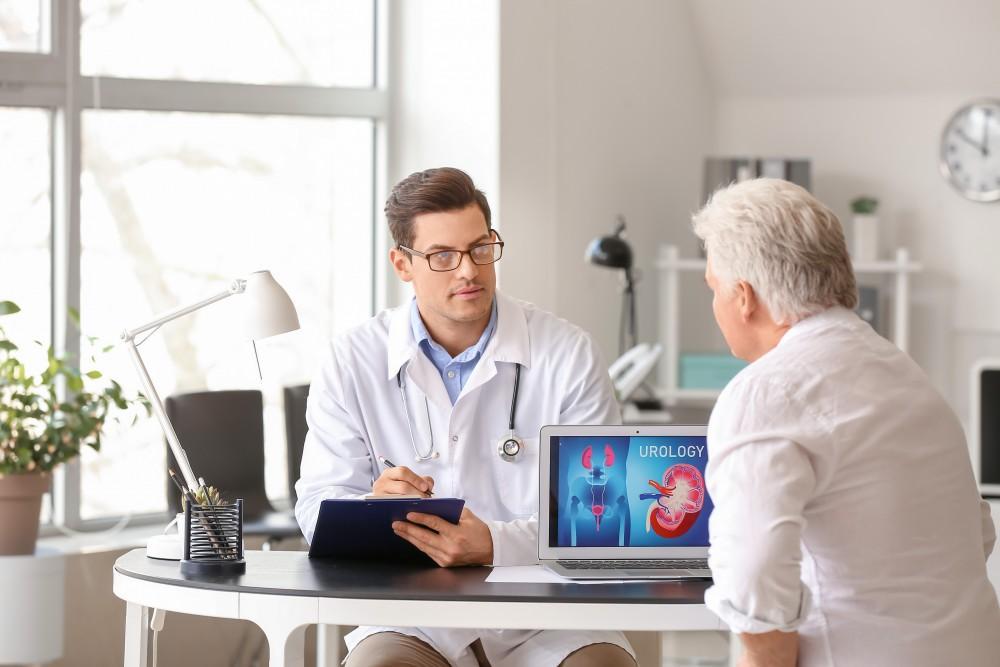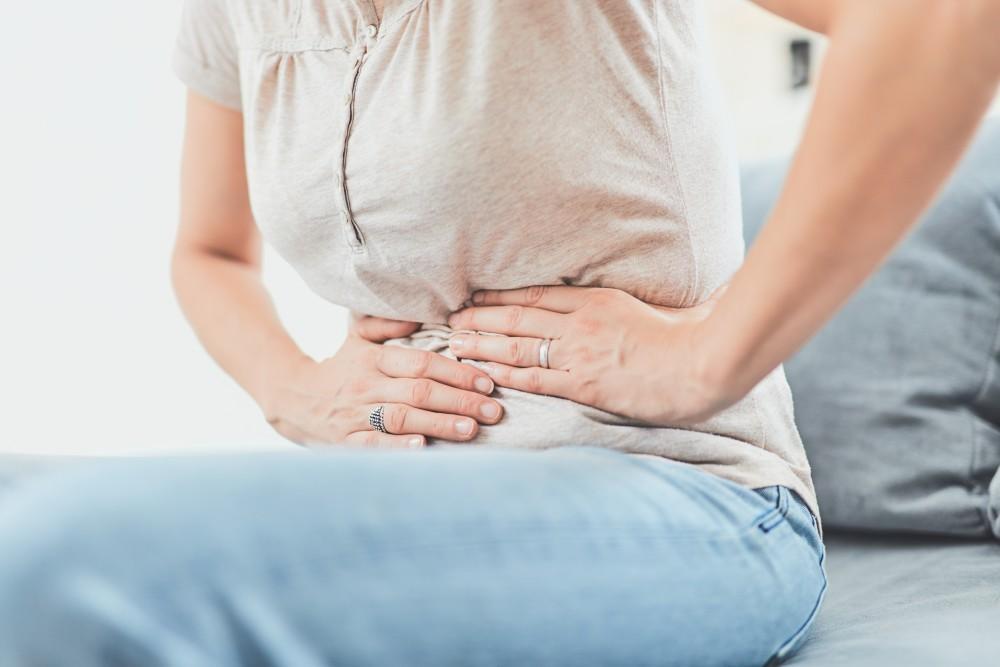
I'm Embarrassed About My Varicose Veins
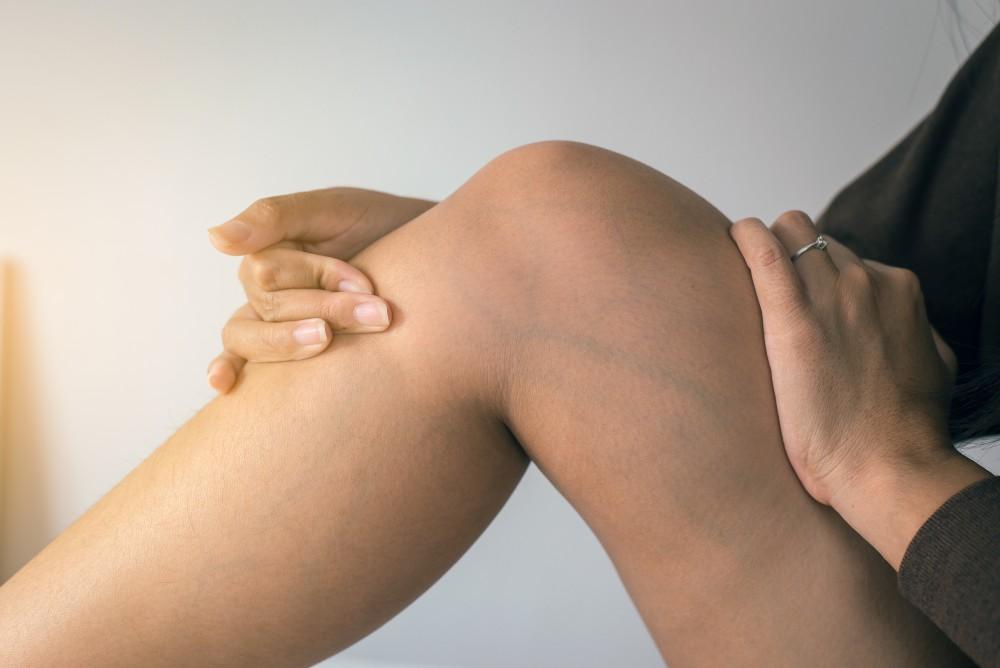
Varicose veins can be embarrassing and unsightly. But you shouldn’t have to keep covering up your legs! Advances in medical technology mean there are different options for effectively treating varicose veins.
At Alate Health in Houston, Texas, our interventional radiologists, Dr. Andrew Doe and Dr. Sandra Newberry, are experts in ridding patients of unsightly varicose veins. We offer vein ablation, VenaSealTM, sclerotherapy, and phlebectomy, ensuring you get the treatment option that’s right for you!
Learn more about varicose veins and how we can help you stop being embarrassed about them! We also get into the different treatment options and how they restore leg health, so keep reading to learn more.
What are varicose veins?
Over 40 million adults deal with these swollen, twisted veins that are hard to miss. While legs are the most common location for varicose veins, they can also form elsewhere.
You might be embarrassed about the look of your varicose veins, but they can also cause pain and discomfort and lead to other problems.
This is because varicose veins start with weakened valves. One-way valves in your veins are meant to direct blood toward the heart, but blood pools in your veins when they weaken. This makes them expand, twist, and turn into varicose veins.
There are different reasons you might develop varicose veins, and factors like age, obesity, pregnancy, genetic predisposition, and prolonged periods of standing or sitting also play a role.
In addition, the risk of developing varicose veins is higher in women because of hormonal changes during pregnancy, pre-menstruation, or menopause.
It’s important to seek medical help when you notice varicose veins since if left untreated, varicose veins can lead to complications such as:
- Deep vein thrombosis, a clotting condition
- Skin ulcers from fluid buildup in the veins over time
- Bleeding from veins close to the skin’s surface
Importantly, varicose veins can be a sign of a venous disease.
Why get treated for varicose veins?
As mentioned, untreated varicose veins can lead to medical complications, so seeing a medical professional like one of our providers at Alate Health is a top priority.
Untreated varicose veins result in pressure from poor circulation. Over time, this can result in swelling in your legs and a yellow or clear fluid weeping from the area, and you might experience cramping and pain.
This swelling means your skin stretches and changes to accommodate the extra space taken up by the veins, which can result in an inability to heal from injuries. This includes even minor cuts and scrapes. The risk of skin ulcers increases when your skin can’t heal this way.
It’s not only healing from injuries that becomes difficult with varicose veins—your skin’s natural defense against infections also becomes compromised. Chronic leg swelling can result in a cellulitis skin infection, with symptoms like redness, warmth, and more swelling.
With varicose veins, more than the normal amount of blood is in the vein, pooling just below the surface of your skin. This means that a significant amount of bleeding can result from a vein injury or cut. And even if the skin doesn’t break, significant bruising can appear.
About 25% of people with blood clots in their varicose veins will develop clots in deeper veins, leading to deep vein thrombosis (DVT). This serious medical condition can lead to a pulmonary embolism.
Getting treatment for varicose veins can reduce the risk of and even prevent developing these issues.
What are my treatment options?
No matter the extent of your varicose veins or the underlying conditions that caused them, the team at Alate Health offers different treatment options to reduce your medical risk and help you feel less embarrassed about the appearance of your legs!
Your Alate Health provider conducts a comprehensive physical exam and reviews your medical and family history. They ask about your symptoms and then customize a treatment plan specific to your needs. Your treatment may include:
- Lifestyle changes such as wearing compression stockings, weight management, incorporating more physical activity, and elevating your feet and legs
- Vein ablation, a procedure that seals diseased veins shut using heat
- VenaSealTM, a medical adhesive glue that seals the veins and improves blood flow
- Sclerotherapy, non-surgical medicated injections to collapse veins
- Phlebectomy, a procedure that removes smaller veins through skin punctures
If you’re ready to learn more about varicose vein treatments, schedule an appointment with us at Alate Health at the Houston, Texas, office nearest you!
You Might Also Enjoy...

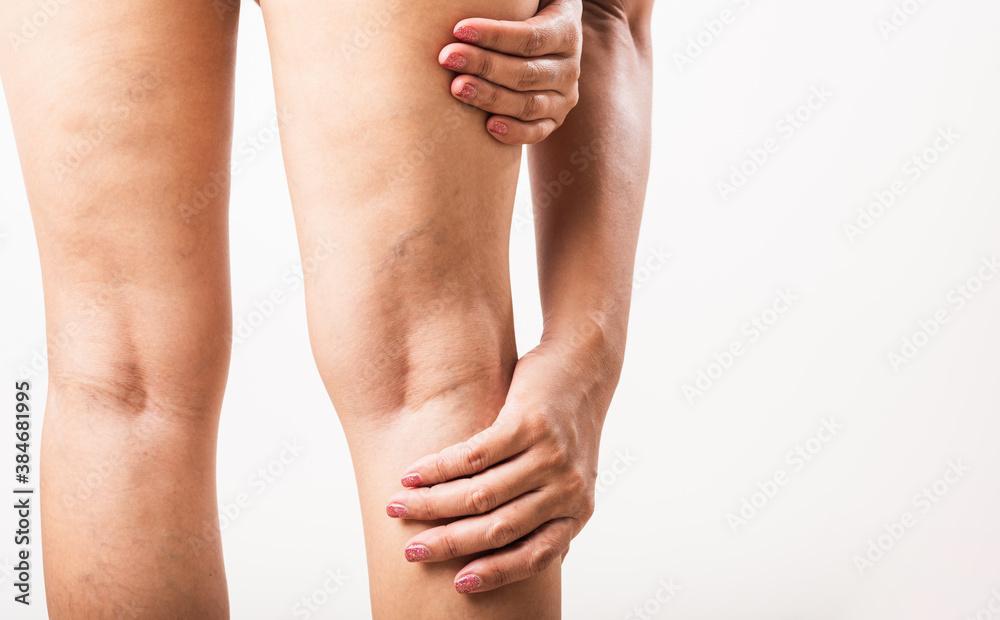
I'm Nervous About My Upcoming VenaSealTM Procedure
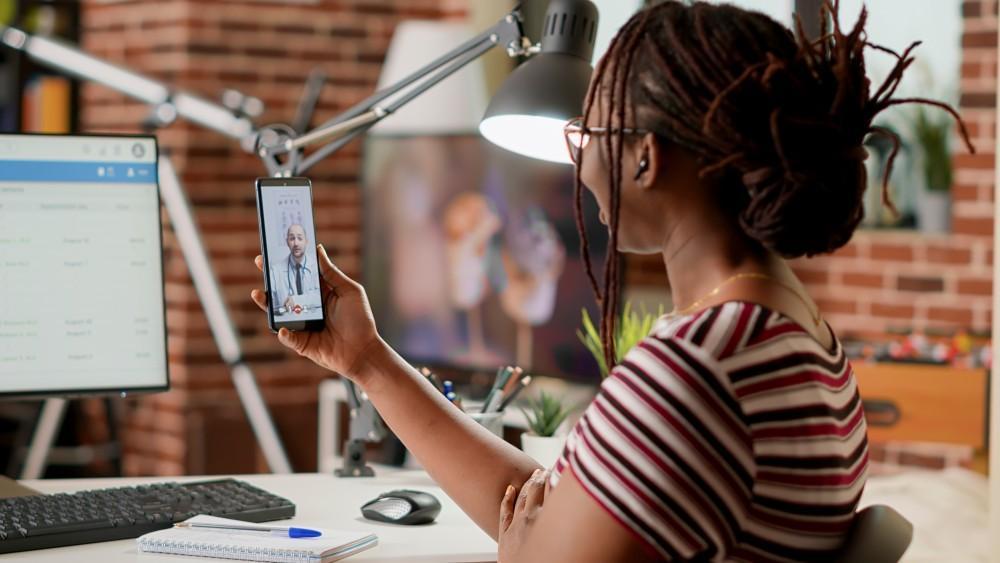
Telehealth: The Advantages of Telemedicine
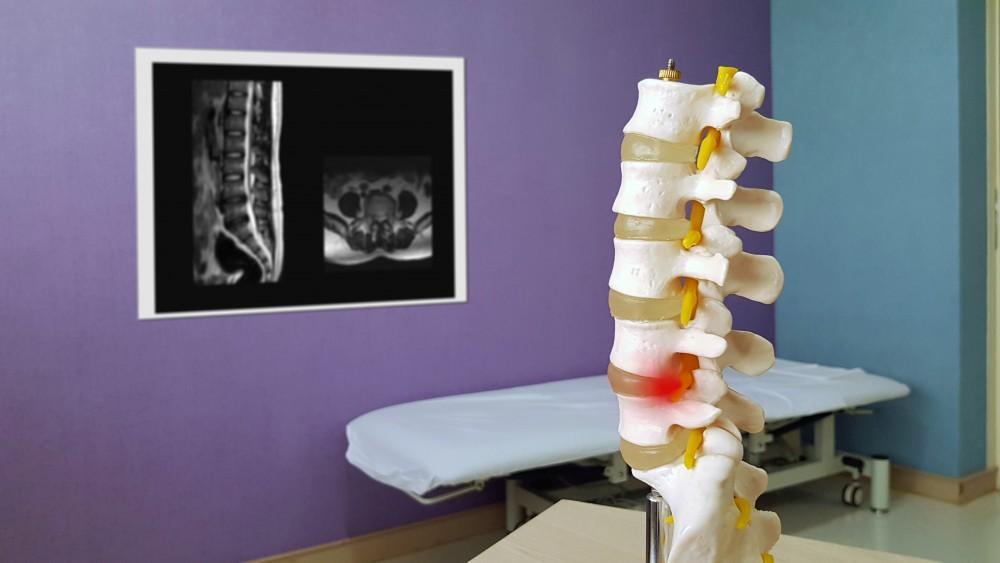
What Caused My Spinal Stenosis?
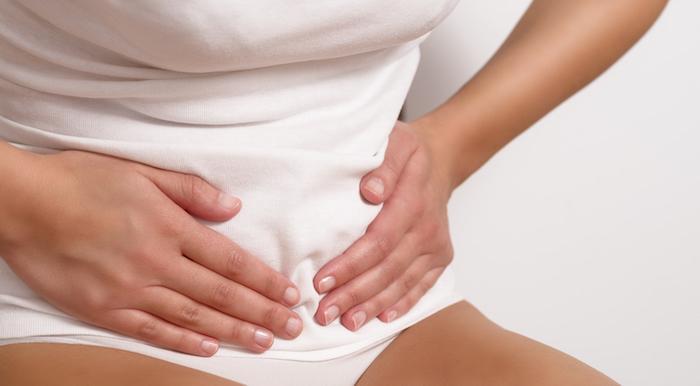
Can Fibroid Pain Return After Uterine Fibroid Embolization (UFE)?
